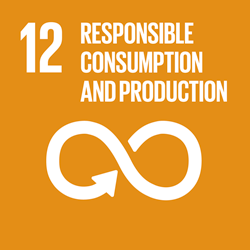Technological watch
Nitrate Increases Aluminum Toxicity and Accumulation in Root of Wheat
Aluminum (Al) toxicity inhibits root growth, while nitrogen is an essential nutrient for plant growth and development. To explore the effects of nitrate (N) on Al toxicity and accumulation in root of wheat, two wheat genotypes, Shengxuan 6 hao (SX6, Al-tolerant genotype) and Zhenmai 168 (ZM168, Al-sensitive genotype), were used in a hydroponic experiment with four treatments (control without N or Al, N, Al, and Al+N, respectively). The results showed that N increased the inhibition of root elongation and aluminum accumulation in root. The Al-sensitive genotype suffered more serious Al toxicity than the Al-tolerant genotype. Histochemical observation clearly showed that Al prefers binding on the root apex 7–10 mm zones, and the Al-sensitive genotype accumulated more Al in these zones. Compared with other treatments, the Al+N treatment had significantly higher O2−, superoxides dismutase (SOD), catalase (CAT), peroxidase (POD) activities, H2O2, Evans blue uptake, malondialdehyde (MDA), ascorbic acid (AsA), pectin, and hemicellulose 1 (HC1) contents in both genotypes. Under Al+N treatment, O2− activity, Evans blue uptake, MDA, and HC1 contents of SX6 were significantly lower than those of ZM168, but SOD, CAT, and POD activities and AsA content exhibited an opposite trend. Therefore, aluminum toxicity and accumulation in root of wheat seedlings were aggravated by nitrate.
Publication date: 18/11/2022
Author: Yan Ma
Reference: doi: 10.3390/agriculture12111946






